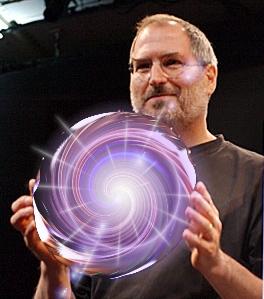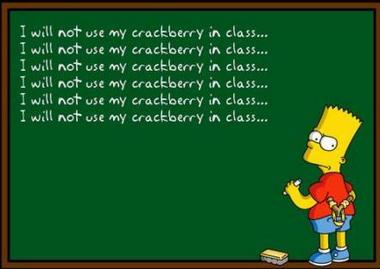There’s a whiff of something – it isn’t desperation, more like earnest exasperation – around Microsoft’s phone business these days
Humiliatingly, Nokia was forced to deny rumours last week that it was planning to break up and sell its crown jewels to Microsoft. Normally a company can remain impervious to Twitter-born gossip, particularly from a known antagonist.
Acknowledging the rumour simply gives it a chauffeured ride around the internet. But not this time: the ‘Microsoft buys Nokia’ story fulfils so many conspiracy theories, thousands of people wanted it to be true.
And the notion of Microsoft buying a hardware company and ripping up its licensing business has become much less outlandish after Google’s acquisition of Motorola’s phone business. Ah, but that was desperation, I hear you say; the Chocolate Factory had miscalculated its IP strategy catastrophically, and it had to grab what patents it could at almost any price.
But there’s a whiff of something – it isn’t desperation, more like earnest exasperation – around Microsoft’s phone business these days. Redmond has got an excellent product, for the first time, and people who have a Windows Phone love using it. But there just aren’t many of those folk around. The phones aren’t shifting. Christmas has come and gone, and while we wait for some reliable channel figures, Nokia’s flagship seems to have made almost no impact on the UK market. It’s the phone that leaves no footprints.
Read more






